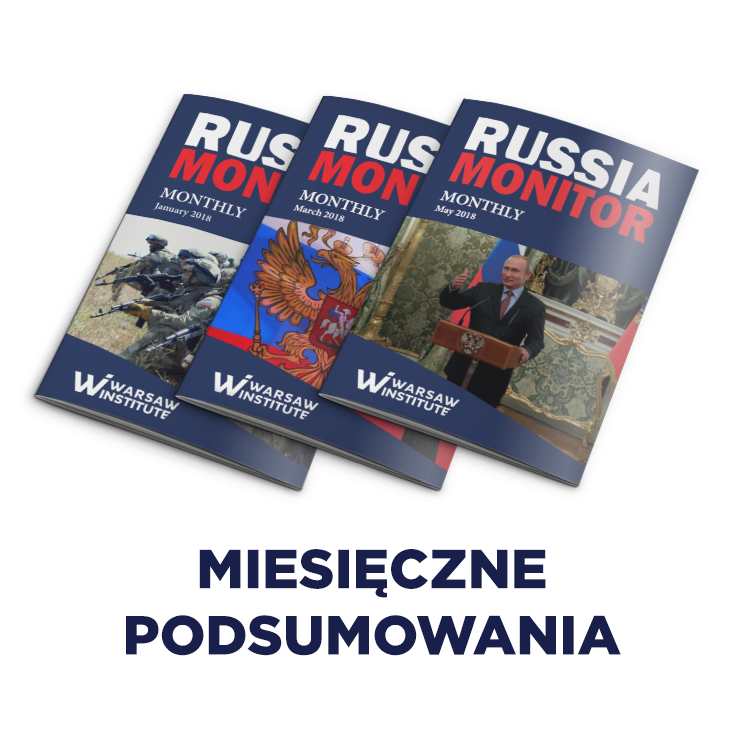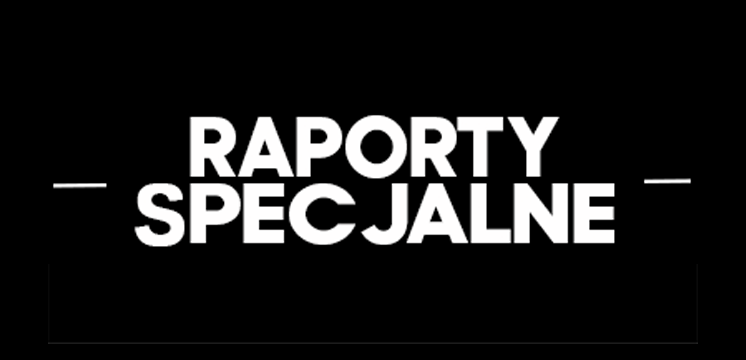The Influence of Russian Disinformation on Visegrad Group Countries

Belarus Uses Fugitive Polish Judge to Sow Disinformation
The Belarusian propaganda machine has been exploiting Tomasz Szmydt, a high-ranking judge from a Warsaw administrative court, to produce and disseminate propaganda content. Through both media statements and social media posts, he propagates various Russian disinformation narratives––to enhance the image of Belarus and Russia while disparaging Poland and Western countries.
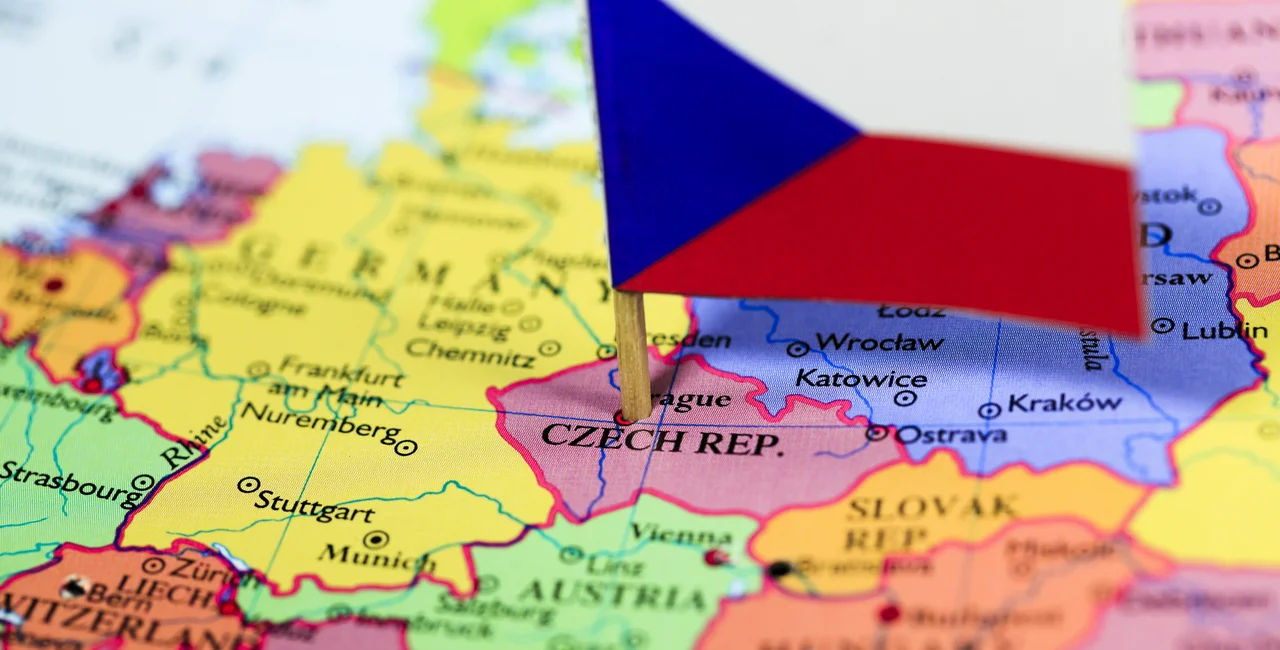
Disinformation in the Czech Republic (from): Foreign Perspective
The Czech Republic has been confronting a significant challenge with the rise of disinformation, especially regarding critical international issues such as the war in Ukraine, the conflict between Israel and Palestine, and the circumstances surrounding the death of Russian opposition figure Alexei Navalny.

Disinformation Narratives in Czech Republic: Domestic Overview
The Czech Republic has a long tradition of combatting Russian propaganda. “The Russians like to label everything Russian as Slavic, so that later they can label everything Slavic as Russian,” the great Czech writer Karel Havlicek Borovsky declared back in the nineteenth century.
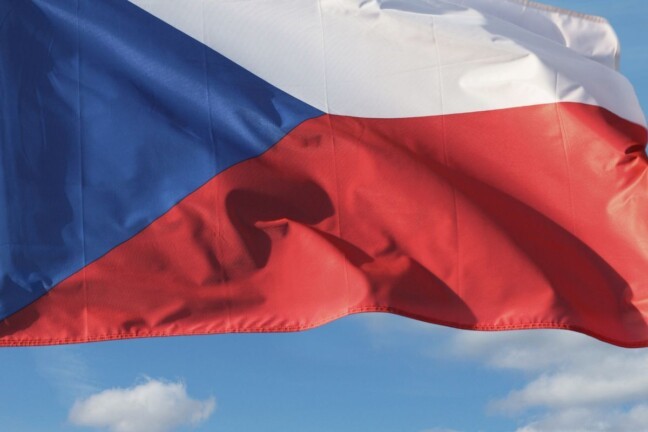
Russian Disinformation Narratives in the Czech Republic in the Past Five Years
The Czech Republic has a long tradition of combatting Russian propaganda. “The Russians like to label everything Russian as Slavic, so that later they can label everything Slavic as Russian,” the great Czech writer Karel Havlicek Borovsky declared back in the nineteenth century.

Russian disinformation vs. parliamentary elections in Slovakia
National Council elections were held in Slovakia on 30 September, which were won by the national-left party Smer (23%). The election result meant that a collation had to be formed, as Smer received too few votes to govern alone. The mission to form a government was entrusted by Slovak President Zuzana Čaputová to Smer party leader Robert Fico, who was already in office. Smer has entered into a coalition agreement with the centre-left HLAS (Voice) and the nationalist Slovak National Party (SNS). The new governing coalition has 79 out of 150 seats in parliament.

Russian Disinformation War Against Poland After the Invasion of Ukraine
Following the invasion of Ukraine on 24 February 2022, the hybrid war waged by the Kremlin has gained in strength due to the solidarity opposition of both Central and Eastern European countries and the European Union. Poland, as a geographically close member of the North Atlantic Alliance and a strong ally of the Ukrainian side, has become the target of increased Russian disinformation attacks.

Russian Disinformation on Grain Crisis in Europe
Representatives of Poland, Slovakia, Romania, and Hungary have met on Tuesday, September 5th in Brussels to discuss the matter of expiring, with September 15th, ban on Ukrainian grain import. Members of European Union still cannot reach a consensus regarding the grain issue, that is going to satisfy not only everyone in Europe, but also in Ukraine and the developing parts of the world.
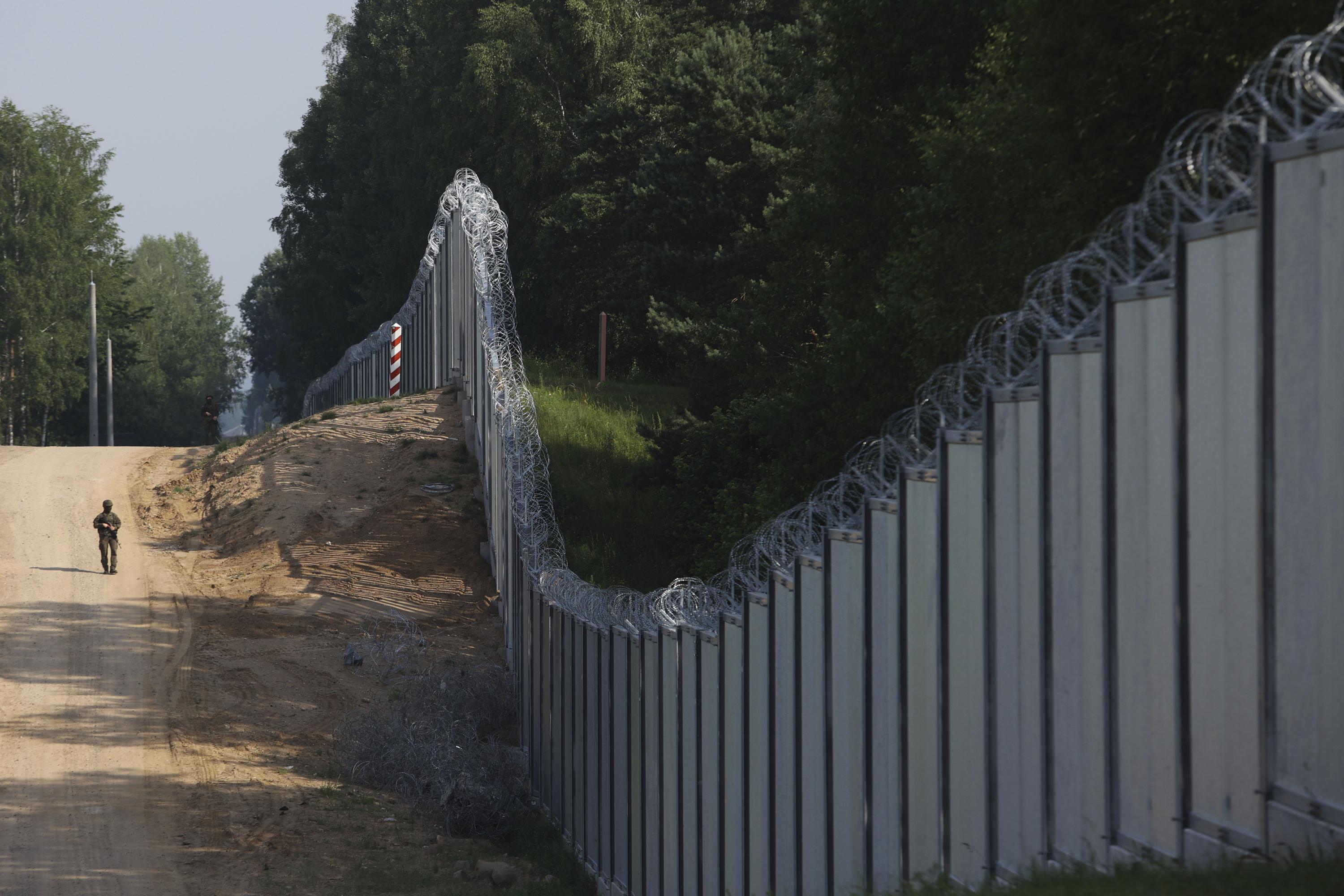
Disinformation as a Tool of Hybrid Warfare at the Polish-Belarusian Border
The Belarusian or Eastern migration and border crisis is one of the biggest hybrid conflicts Central Europe has faced in the 21st century. Although the conflict has faded in the lights of the war in Ukraine since 2022, it remains a live crisis, with its unique challenges, and poses a constant security threat to the states involved and to the European Union as a whole.

Russian Disinformation about Ukrainian Refugees in Poland
Disinformation is a tool commonly used by Russia to achieve the strategic goals of foreign policy. Russian disinformation campaigns seek to reach many states, including Poland. Russian propaganda outlets spread a flurry of fake news concerning many topics, notably Ukrainian refugees who settled in Poland shortly after Moscow invaded Ukraine.
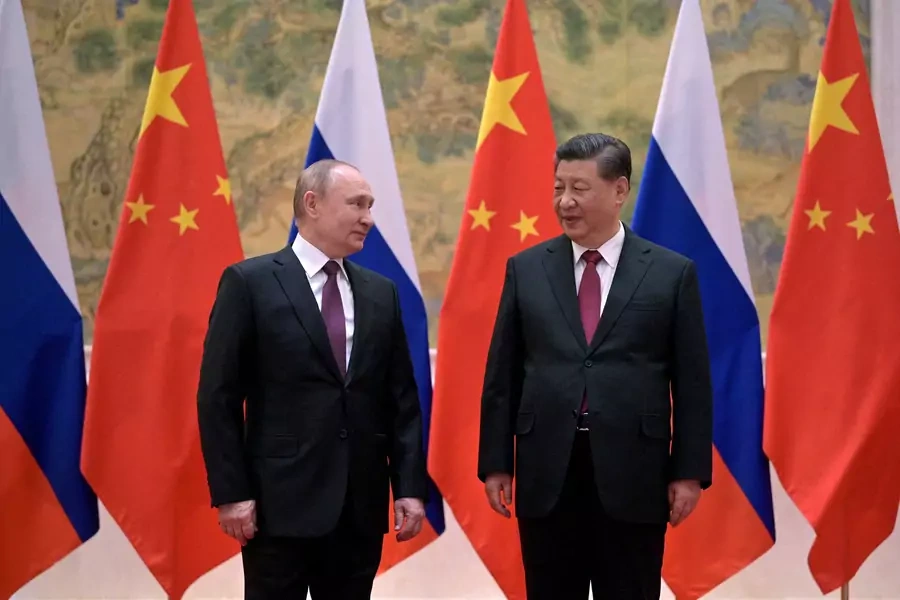
How are Russian and Chinese Disinformation in V4 countries different?
The use of disinformation to pursue foreign and domestic policy objectives is a recurrent topic that continues to echo across policy and academia. With the most recent developments in the war in Ukraine, disinformation has risen as a public issue in various political domains across Central and Eastern Europe, particularly in Visegrad countries or V4 (the Czech Republic, Hungary, Poland, and Slovakia).
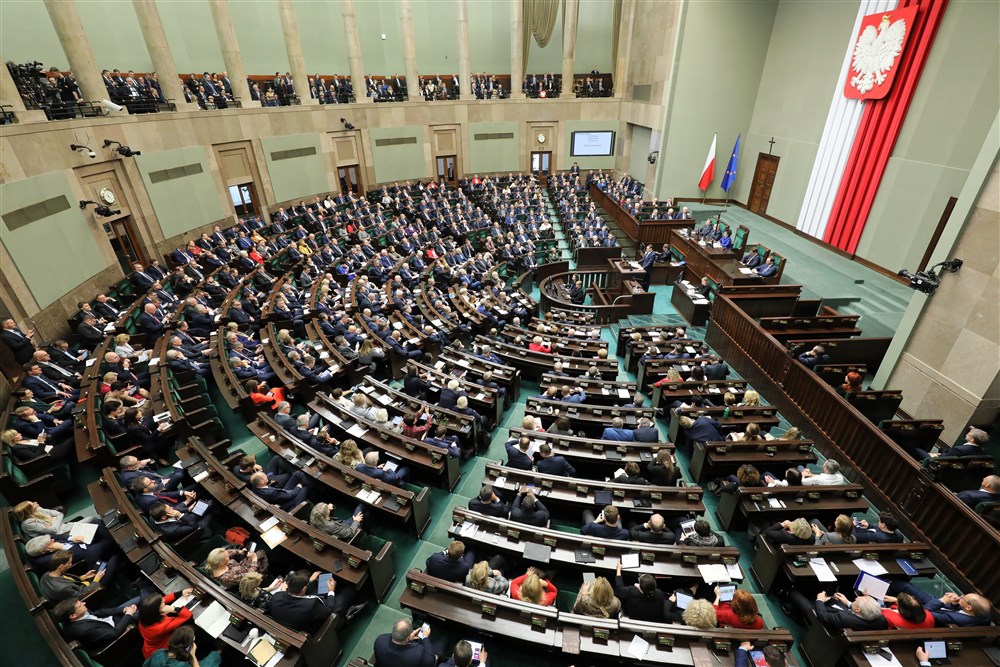
Disinformation and Democracy: Navigating the 2023 Political Landscape in Central and Eastern Europe
The year 2023 is marked as a political year in history. The agenda for 2023 features various countries including Poland and Slovakia gearing up for crucial elections, poised to respond to both domestic and external pressures. After the round of elections in China, Spain, and Turkey, citizens’ willingness to preserve the status quo has found ground in society.
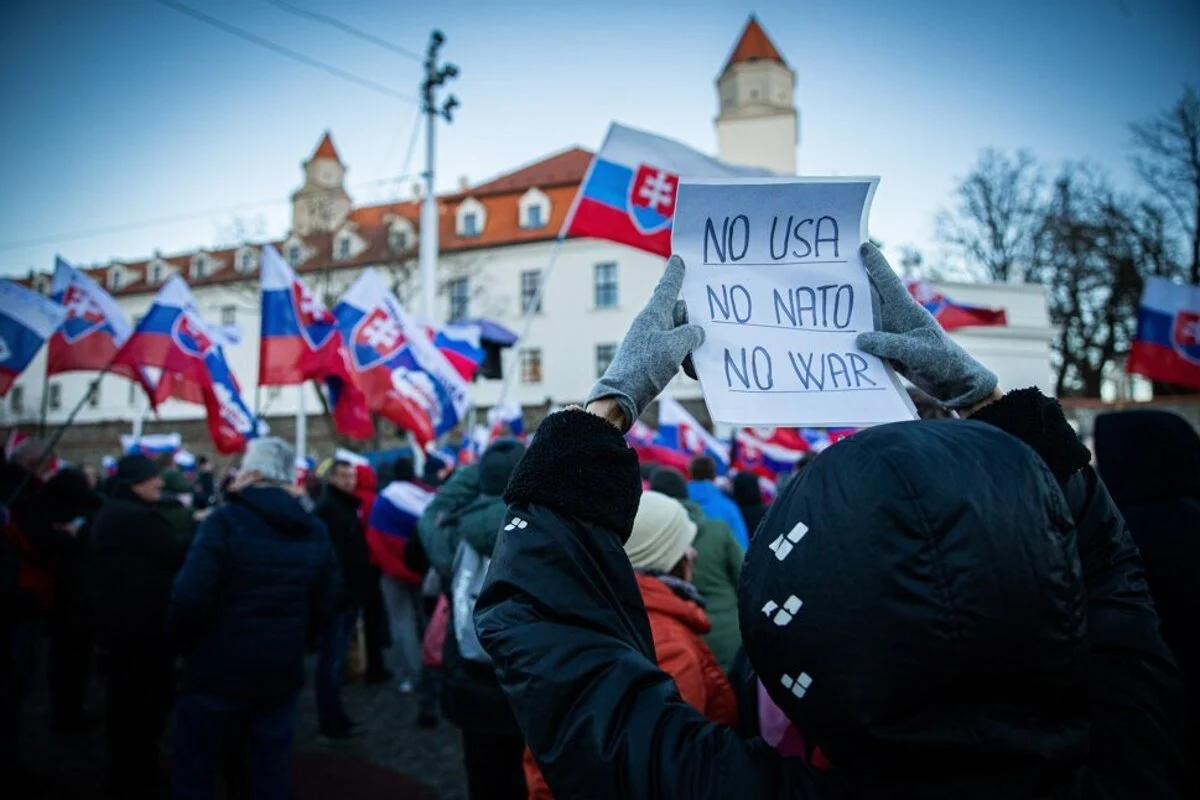
Russian Bear of Influence in Slovakia
The penetration of pro-Kremlin propaganda narratives into the Slovak information space has been occurring since 2014, when the emphasis on deceptive narratives about the alleged oppression of the Russian minority in Ukraine, the Western political and societal decadency, or the allegedly strong background of the far right in Ukrainian society and politics, intensified.
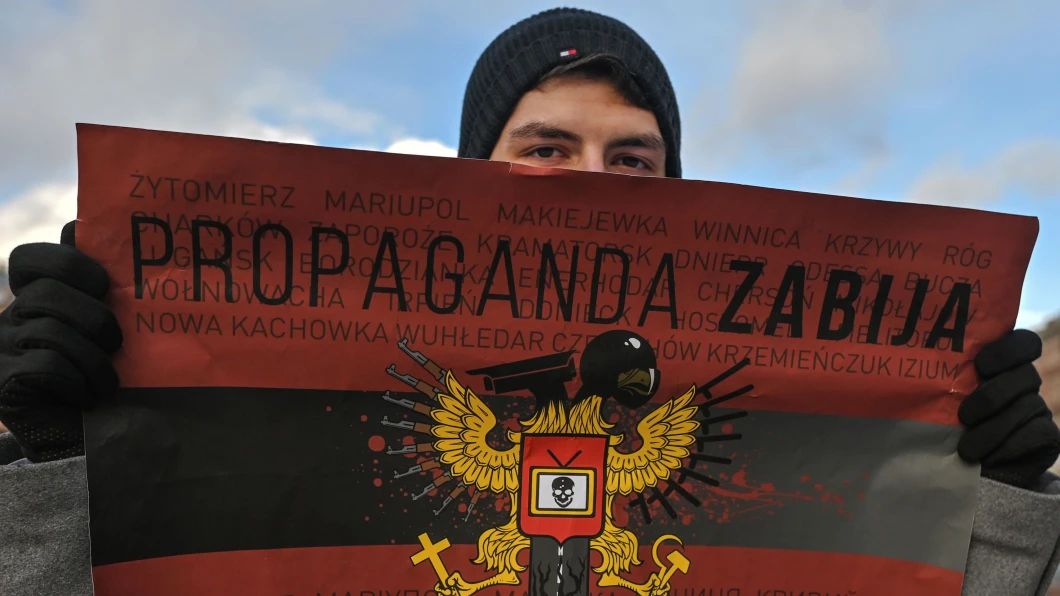
Disarming Disinformation in Central and Eastern Europe
Disinformation in Central and Eastern Europe (CEE) remains an enduring and concerning phenomenon, sparking discussions within academia and the political arena.

The project was co-financed by The International Visegrad Fund
The project’s aim is to monitor the influence of russian disinformation in relation to the Visegrad Group countries – Poland, the Czech Republic, Hungary and Slovakia. Actions to intesify cooperation and good neighborliness to consolidation relations in the social and institutional dimension between Visegard Group countries.






